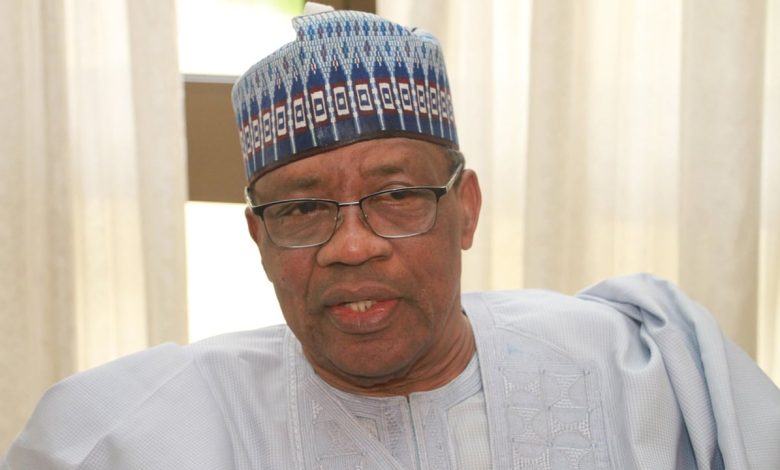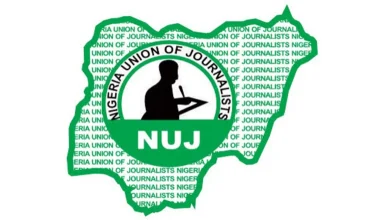IBB dismisses ‘Igbo coup’ theory, reveals true ethnic background of 1966 coup leader

Ibrahim Badamosi Babangida, former Military Head of State, has strongly rejected claims that the 1966 military coup was an “Igbo coup.”
In his newly released memoir, A Journey in Service, Babangida clarified that Major Kaduna Nzeogwu, the leader of the 1966 coup, was not an Igbo nationalist, despite being identified by name as Igbo. According to Babangida, Nzeogwu’s ethnic background was more closely aligned with Hausa culture, as he was born and raised in Kaduna and spoke fluent Hausa.
“The head of the plotters, Major Kaduna Nzeogwu, was only Igbo in name. Born and raised in Kaduna, his immigrant parents were from Okpanam in today’s Delta State, which, in 1966, was in the old mid-western region,” Babangida wrote.
He went on to emphasize Nzeogwu’s Hausa identity: “Nzeogwu spoke fluent Hausa and was as ‘Hausa’ as any! He and his original team probably thought, even if naively, that they could turn things around for the better in the country.”
The former military ruler also condemned Nzeogwu’s actions during the coup, particularly the killing of Sir Ahmadu Bello and his wife, Hafsatu. “It was heinously callous for Nzeogwu to have murdered Sir Ahmadu Bello and his wife, Hafsatu, because not only were they eminently adored by many but also because they were said not to have put up a fight,” he said.
Babangida explained that the coup’s original objectives became distorted over time, and the plot took on a distinct ethnic undertone, especially as there were no related coup activities in the Eastern region. However, he acknowledged that some Igbo officers were also victims of the coup, citing the killing of his former commander, Lt-Col. Arthur Chinyelu Unegbe, by Major Chris Anuforo.
He added that other non-Igbo officers, including Major Adewale Ademoyega and Captain Ganiyu Adeleke, were involved in the failed coup, further complicating the notion that the 1966 coup was ethnically driven. Babangida also highlighted the plot’s initial aim to release Chief Obafemi Awolowo from prison and make him the executive provisional president of Nigeria, a controversial decision that further muddied the coup’s motivations.
Babangida concluded by acknowledging his youthful perspective at the time, admitting that his view on the coup might have been shaped by the limited understanding of a young officer observing events from a distance.





